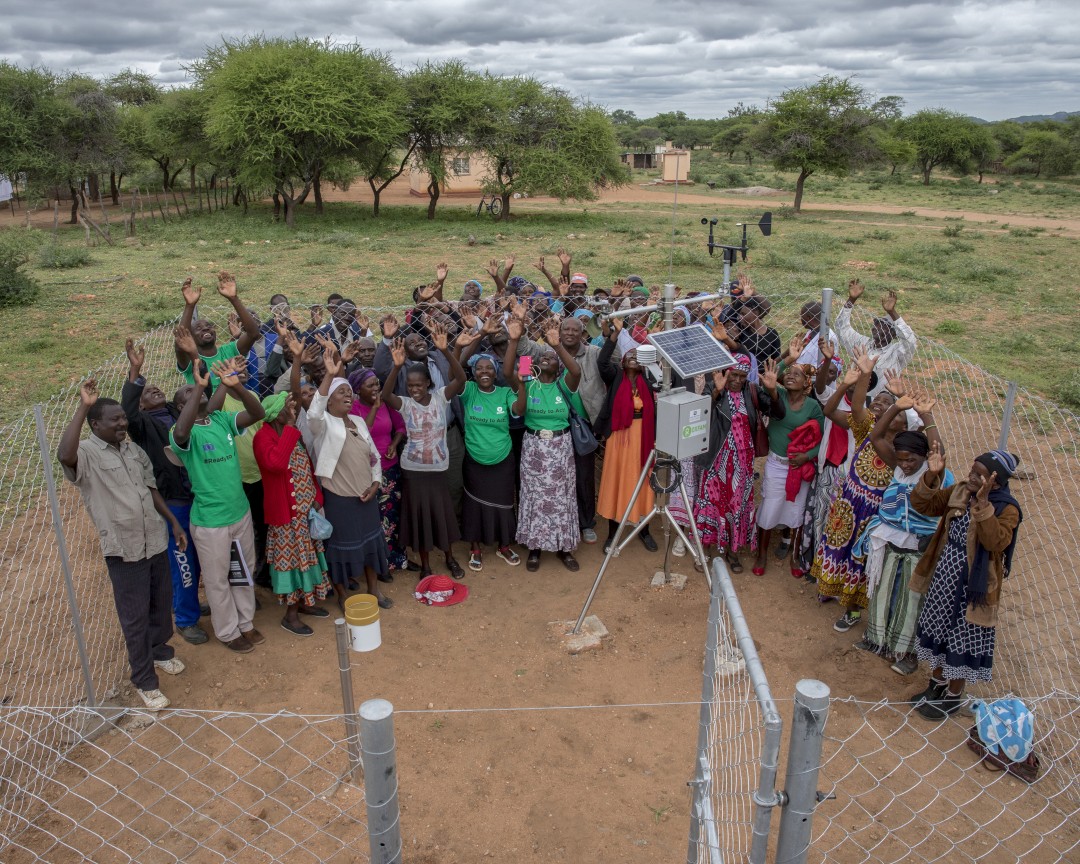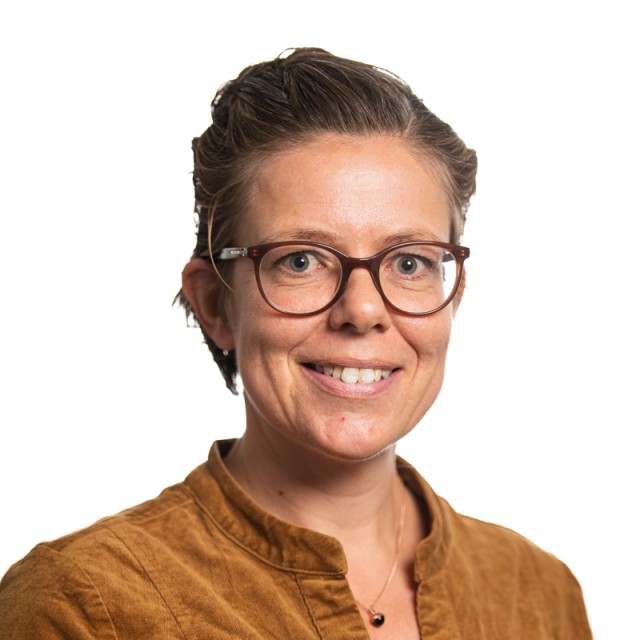Strengthening the resilience of communities between Mali and Burkina Faso
Mali and Burkina Faso are disproportionally affected by global warming. An increase in the frequency of droughts and floods disrupts agriculture and livestock and causes a decline in income of rural populations, enhancing existing inequalities. The region is also facing tensions and conflicts between communities, often arising from disputes over natural resources and land use between farmers and communities.
These conflicts, compounded by the impacts of climate change, escalate violence and cause a rise in food insecurity and loss of livelihoods. As these shocks intensify, internal displacement rises, making it even harder for affected communities to access important basic services like education, healthcare, and water, sanitation and hygiene (WASH) facilities.
The project
The project aims to strengthen community resilience against conflicts and climate-related shocks. The efforts address the basic needs of vulnerable communities through sustainable rehabilitation of drinking water and agricultural infrastructure and by providing basic services. Simultaneously, we build resilience in communities by creating sustainable livelihood opportunities, providing training, delivering start-up kits and building microfinance structures.

The peacebuilding initiatives address the identified root causes of the conflict: the breakdown of inter and intra community dialogue and the rising conflicts over natural resource management. Women and youth are included as key actors throughout the project’s activities, strengthening their capacity to cope with both environmental and conflict shocks.
Time period and funding
The project run from 2022 to 2024 and is supported by Danida among others through the PATRIP Foundation (https://patrip.org/) with a total budget of 1.4 million EUR.
Countries: Mali, Burkina Faso
Results
The project improved community resilience and promoted peace in vulnerable areas through several targeted initiatives:
Enhanced access to improved water infrastructure, such as rehabilitated boreholes, ensuring more reliable access to water for local communities
Local authorities were trained in effective natural resource governance, equipping them to lead sustainable development initiatives and prevent conflicts related to resource management
Early warning committees were set up to detect and respond to potential conflicts, reducing the risk of escalation within communities.
Community-led action plans were developed, emphasizing peacebuilding, natural resource management, and the inclusion of youth and women’s groups in decision-making.
Community members received training in business and management skills, particularly around promising sectors, helping them establish sustainable livelihoods.
Arranged community dialogue sessions encouraging collaboration in communities and cross-border areas to address shared challenges and promote equitable access to resources.
Training in gender-based violence, community protection, and safe practices to enhance safety and accountability.

-
Contact
Pia Dyrhagen
Interim International Programme DirectorInternational ProgrammeE-mail:
